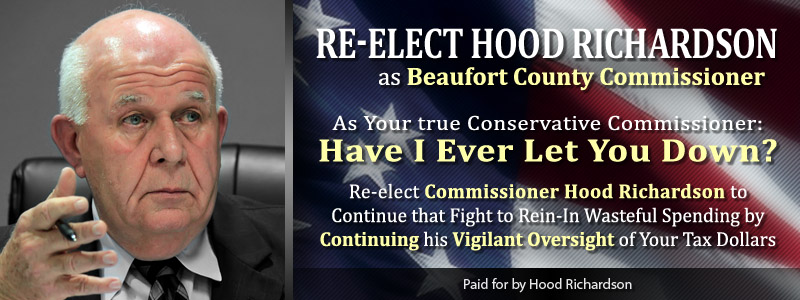Publisher's note: This article appeared on John Hood's daily column in the Carolina Journal, which, because of Author / Publisher Hood, is linked to the John Locke Foundation.
During the 2016 gubernatorial campaign, Democratic politicians, progressive activists, and left-leaning media outlets excoriated Pat McCrory and other North Carolina Republicans for elevating divisive social disputes above the issues that most voters care most about, such as creating jobs and improving education.
Their main example was House Bill 2. Their claim wasn't exactly that the public disapproved of the legislation in all its particulars - indeed, North Carolinians generally agree that people on public property, and most especially students in schools, have a reasonable and enforceable expectation of privacy when they use bathrooms, showers, and locker rooms.
Rather, critics of McCrory and GOP lawmakers argued that they had overreacted, that they had swept too many other issues up into their legislative response to an anti-discrimination ordinance in Charlotte that was itself unpopular. (Not coincidentally, the ordinance's main champion, Charlotte Mayor Jennifer Roberts, has just lost her re-election bid.)
Back last fall, Democratic candidate Roy Cooper was singing the same tune about avoiding distractions and sticking to fundamentals. If you listen to him now, however, he sure sounds distracted.
Several weeks ago, it was the issue of Confederate monuments and memorials. Cooper insisted that the memorial to Civil War dead at the University of North Carolina at Chapel Hill, popularly known as "Silent Sam," be removed from campus. He further insisted, obviously erroneously, that UNC officials had the legal authority to remove the statue.
Interestingly, while Cooper announced plans to seek the removal of Confederate memorials and monuments from the State Capitol grounds and other state property, he made no such announcement about state memorials to past Democratic politicians who, despite being thoroughgoing racists, are still revered by Democrats and others for their accomplishments in other fields.
Unlike other thoughtful North Carolinians, liberals and conservatives alike, he didn't call for a careful, systematic, and historically grounded consideration of how best to address the issue of memorialization. He didn't distinguish between memorializing dead Civil War soldiers, for example, and honoring secessionist leaders or segregationist politicians.
My own view is that no group of past North Carolinians necessarily has the right to decide in perpetuity what will be memorialized in prime locations, such as those next to state buildings or city halls. Perhaps we ought to erect new monuments to new heroes and more praiseworthy causes. Perhaps we ought to add signage and other historical context to existing statues. Perhaps we ought to relocate some of them.
But these are not matters to resolve with press releases and political talking points. That's not how most North Carolinians want their governors to spend their time. Two recent polls, by
Elon University and
High Point University, have tested public support for Cooper's position. It's pretty low - 29 percent and 32 percent, respectively.
Last week, the governor went back to the H.B. 2 well and announced what was obviously a collusive "settlement" with plaintiffs seeking to overturn the compromise Cooper and the General Assembly struck earlier this year. Rather than working out a reasonable accommodation between the competing claims to privacy on public property - which my analysis of opinion polls and public conversation tells me is the consensus view of North Carolinians outside the political class - the governor is adopting the most radical position on access to sex-designated bathrooms and changing facilities.
Once again, Cooper is placing himself against the views of most North Carolinians and doing precisely what he accused his predecessor of doing - elevating a social issue into a major political controversy rather than focusing on the core functions of government.
Republicans see the governor's political gambit for what it is, and as a violation of the agreement they struck early in the year to tamp down the controversy and try to work out a reasonable solution. They won't take his word for much of anything for a long time to come.
Cooper has decided to play to the extremes of his party's base. If this is the message Democrats take into the 2018 midterms, Republicans will breathe a sigh of relief.

























